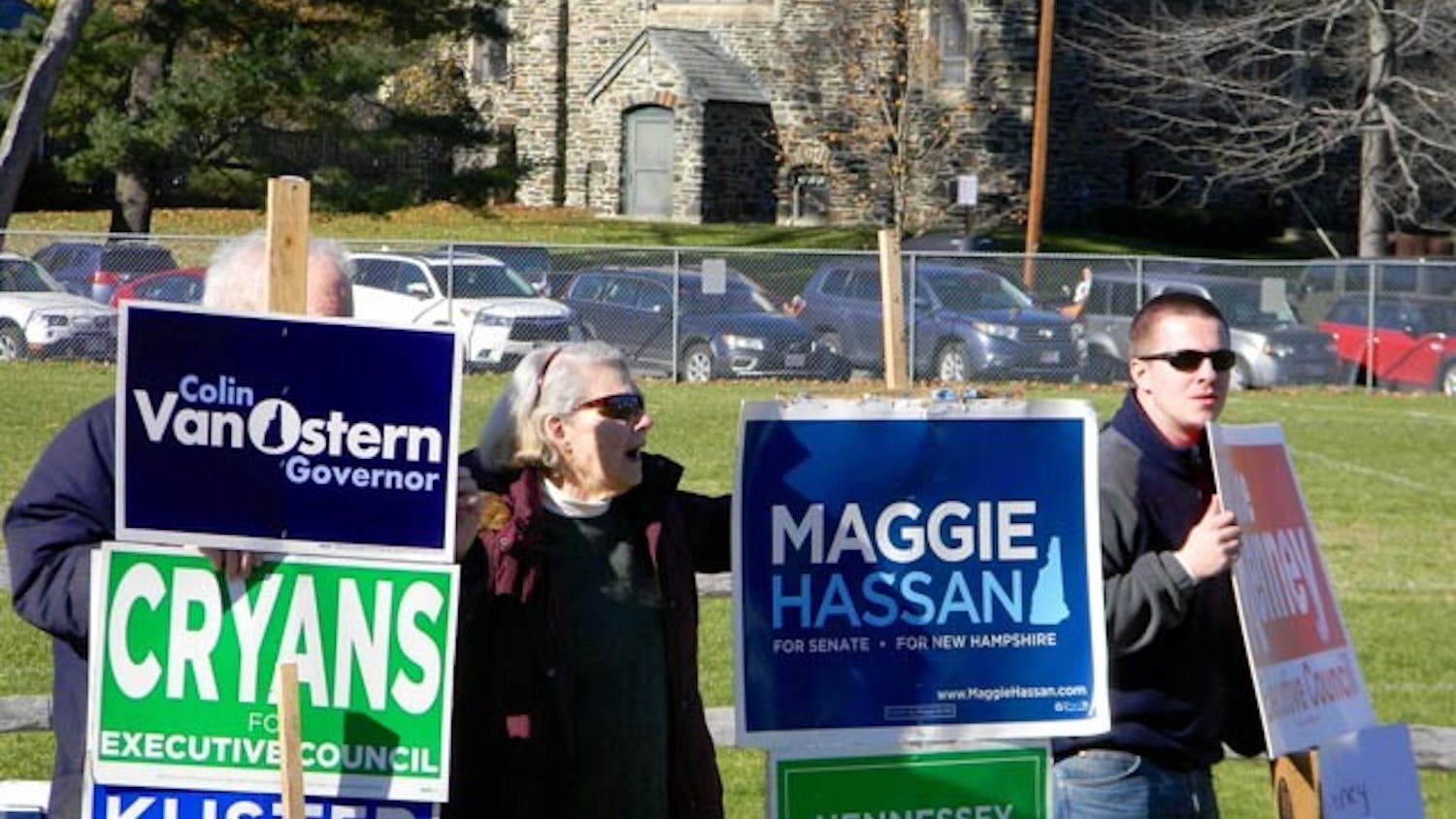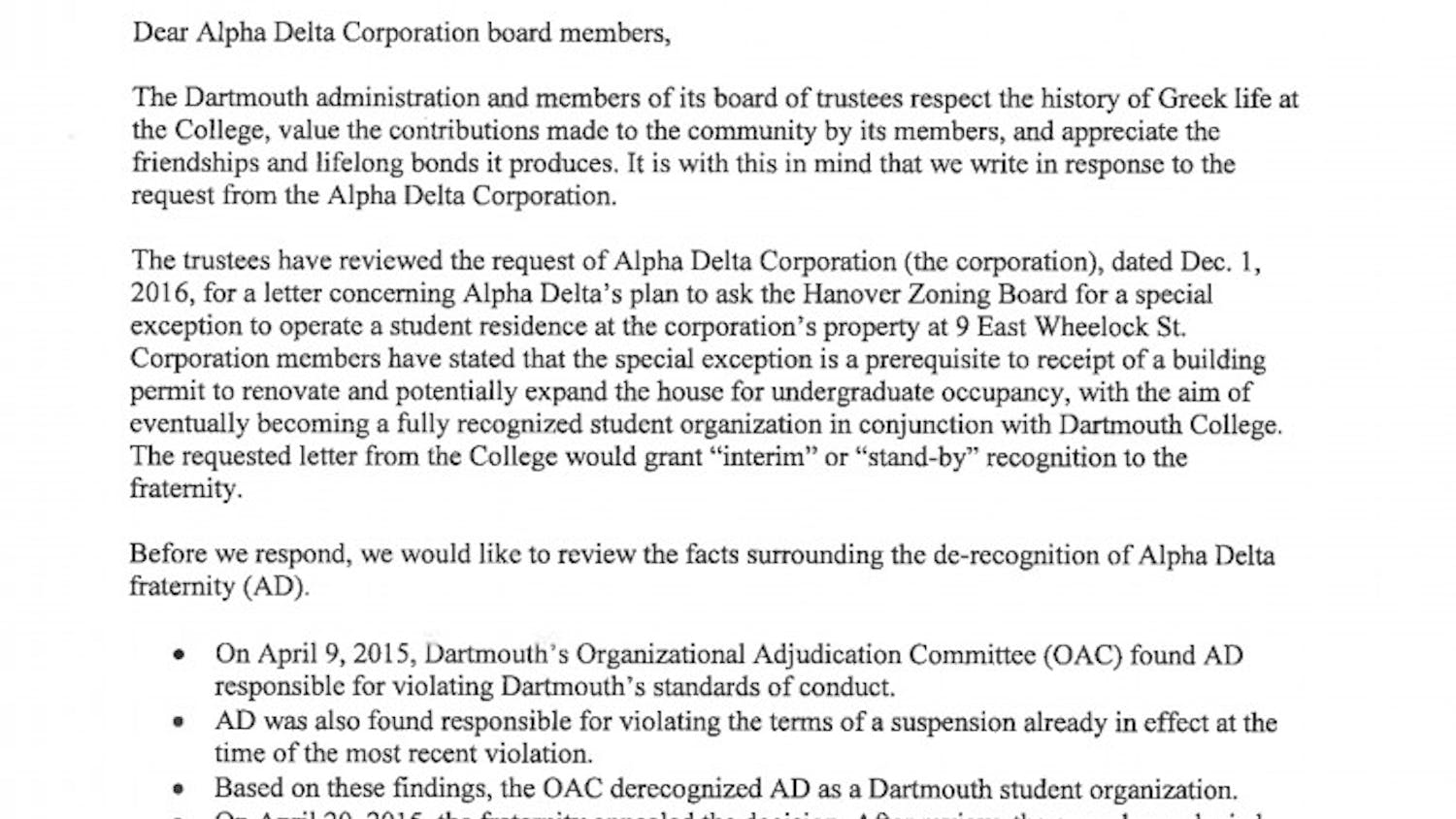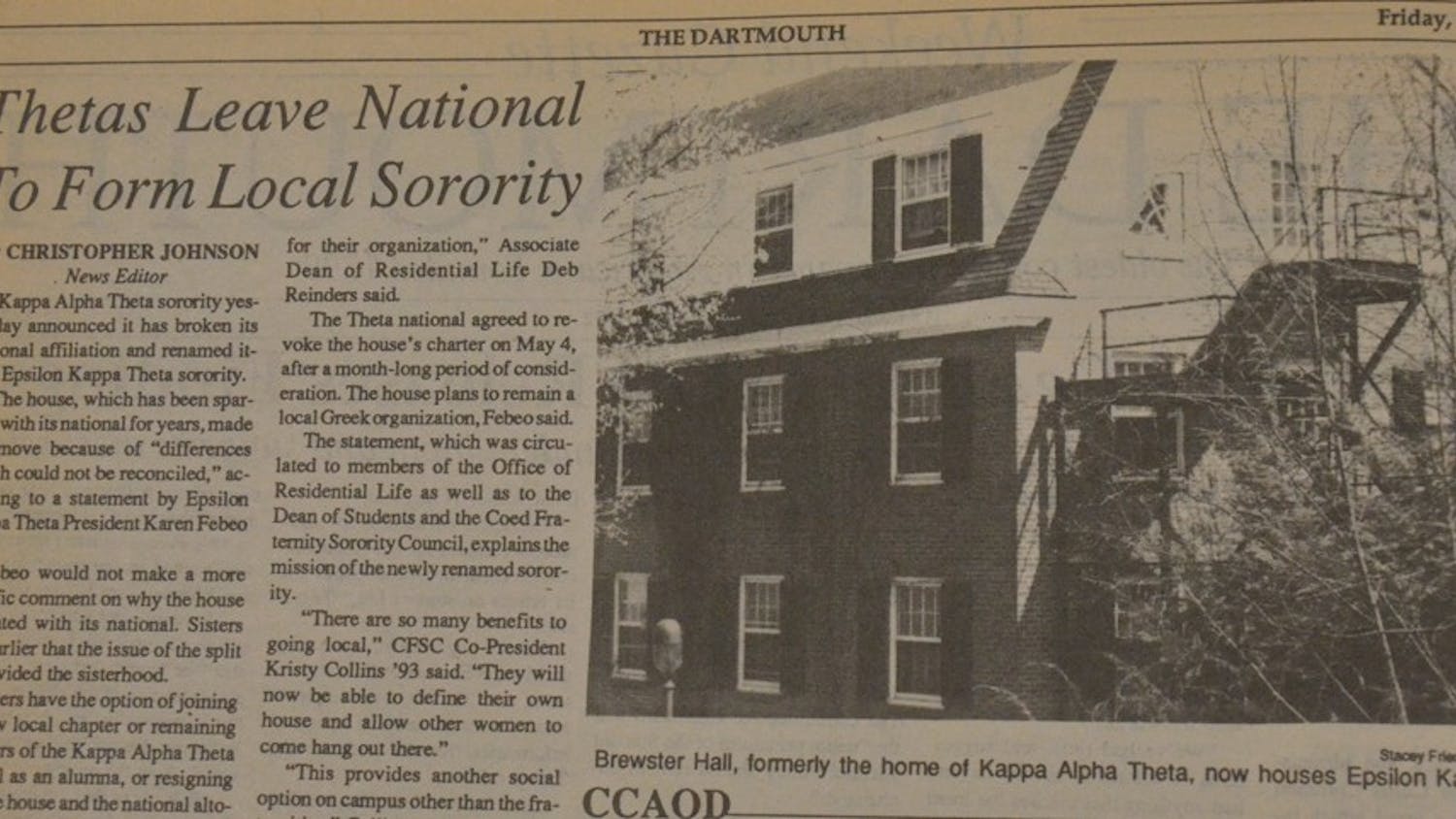This past April, Swarthmore College’s fraternities found themselves in the middle of a crisis — old meeting minutes containing racist, derogatory and otherwise vile language were suddenly made public. Swarthmore’s two fraternities — Phi Psi and Delta Upsilon — responded by disbanding completely.
But dissolving in the face of scandal was the easy way out. By dissolving themselves, the Swarthmore fraternities gave up the opportunity to use their platform — their houses, their organizations and their “brotherhoods”— to effect positive change. They chose to hide rather than to change.
It doesn’t have to be this way. During the civil rights movement, Dartmouth’s Sigma Nu offered an admirable example of reckoning with the past.
Sigma Nu national was a segregated organization, founded by three cadets at the Virginia Military Institute just after the Civil War. As the rest of the country slowly integrated, Sigma Nu hesitated. Though the fraternity began to debate allowing non-white and Jewish students to rush in 1954, integration did not happen until the late 1960s.
In response to segregation in the national fraternity, in 1963 Dartmouth’s chapter of Sigma Nu publicly disaffiliated from the national organization and refused to rejoin until 1983, well after the organization was integrated. Rather than abolishing itself in light of injustice, Sigma Nu used its organizational power to take an active stand against segregation.
That kind of activism is not what happened at Swarthmore. As the controversy there wore on, my newsfeed was flooded with posts urging the fraternities to give up their houses. Swarthmore students even organized a sit-in, resolving to remain unless the college removed Phi Psi fraternity from its house. In the wake of the outrage, the brothers of Phi Psi issued a statement declaring that they “cannot in good conscience be members of an organization with such a painful history.” Referencing wounds “too deep to repair,” the brothers unanimously voted to disband the fraternity.
When Sigma Nu’s values came into question, the brothers used their organization as a means to push for positive change. The brothers of Swarthmore’s fraternities had a similar opportunity to use an organization with a long history and high social status to make a difference. Instead, they chose to spare themselves of accountability and give up their platform.
Fraternities in the U.S. have a long and complicated history, replete with episodes of racism, sexism and homophobia. It would be easy to argue that they should be torn apart completely. But the reality is that when one social space closes, another will take its place, and we don’t what that space will look like. Swarthmore’s fraternities should rebrand — it might even behoove them to remove “fraternity” from their titles — and challenge themselves to be more inclusive, respectful and reflective. They might just inspire other fraternities around the country to follow suit.
Recently, many social justice movements have aimed at tearing down institutions with upsetting histories so that newer, fairer or more equitable ones can take their place — destruction seems to have displaced the capacity for reform. But people can change. That might be a more productive way to move forward — using existing organizations to re-educate each other and ourselves. We can use our platforms — fraternities, friend groups, universities and social media — to speak about injustices and begin to fix them.
The brothers of Phi Psi were, or at least claim to have been, disgusted with the behavior of their own fraternity’s former members. They could have channeled that outrage into something productive. They could have used their brotherhood and their status as a popular social space to change the way they and their fellow students spoke about and acted toward one another. But the brothers of Phi Psi didn’t do that. Instead, they hid in the face of controversy.
Correction appended (May 24, 2019): This article has been updated to clarify that Swarthmore did not remove Phi Psi fraternity from its house, but that student protestors resolved to remain in the house until the college did so.



